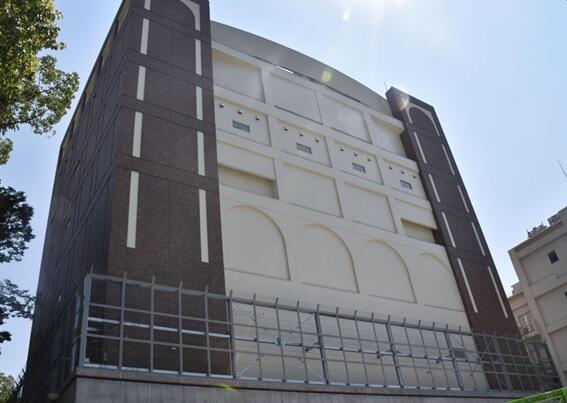The Japanese government has started the certification process for operating the country's first laboratory to handle deadly pathogens like the Ebola virus for research, a government source said Saturday.
The facility, set up by Nagasaki University in southwestern Japan, will be activated to the most stringent biosafety standards on a four-level scale. The review comes as the coronavirus pandemic has highlighted the importance of studying infectious diseases to develop treatments and vaccines.

Provided by Kyodo News
The country's sole working lab with biosafety level 4 is at the National Institute of Infectious Diseases' Murayama branch in western Tokyo. However, its role has been limited to tests, such as determining whether someone is infected with a highly contagious pathogen, under an agreement with the local government.
In June, Nagasaki University submitted documents to the Health, Labor and Welfare Ministry for the screening, the source said.
Once the facility has cleared requirements, the ministry will promptly designate it as a BSL-4 research facility, it said.
In 2016, the government decided to promote the establishment of such a facility at Nagasaki University as a national project to strengthen its response to infectious disease threats.
The facility was completed in 2021 on the university's campus in Nagasaki. The university has been holding meetings with local residents as some have safety concerns.
The facility would be a lab where researchers wear protective suits to carry out experiments, allowing more freedom of movement compared to the type where experiments are conducted in a sealed box with researchers using gloves.
Biosafety labs are ranked from one to four based on the level of containment control required to handle viruses and bacteria.
A BSL-4 facility handles the most hazardous agents, such as the Ebola virus and Marburg disease virus, which have no standard treatments and cause high fatality rates. There are over 60 such facilities worldwide.




